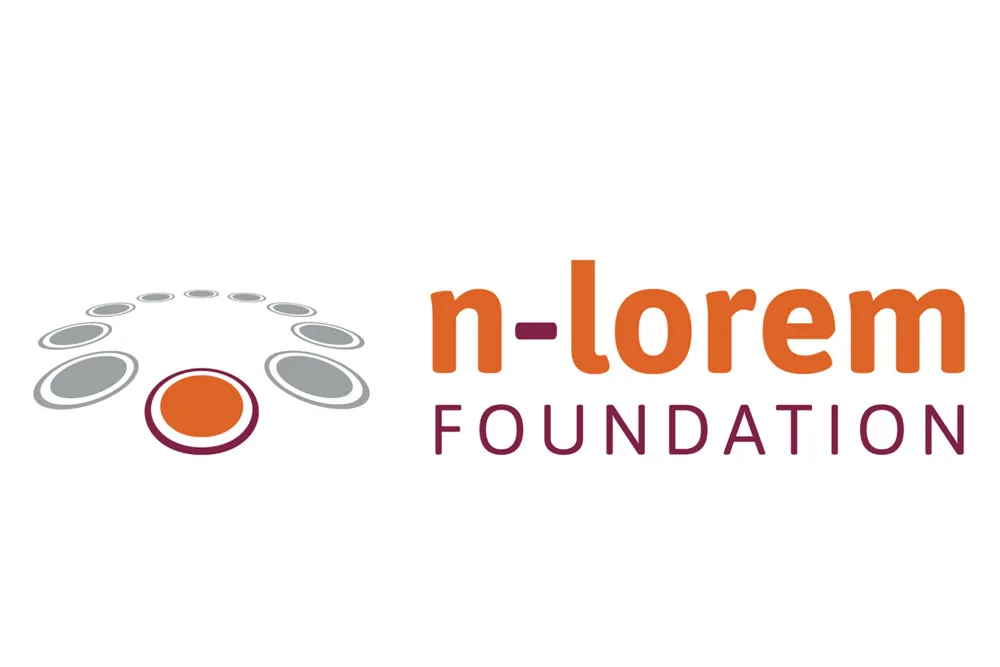
n-Lorem Foundation Celebrates Five Years of Innovation for Nano-Rare Diseases
In an era where access to highly specialized medical treatments is often hindered by costs, timelines, and logistical constraints, the n-Lorem Foundation stands as a unique and revolutionary force within the world of personalized medicine. Marking its fifth anniversary, n-Lorem—a nonprofit organization founded in 2020 by veteran biotech leader Dr. Stanley T. Crooke—has successfully demonstrated that a sustainable nonprofit model can deliver individualized antisense oligonucleotide (ASO) therapies to patients with nano-rare diseases at no cost, for life.
Nano-rare diseases are ultra-rare genetic conditions, often defined by their presence in fewer than one in a million individuals. These are frequently devastating, life-threatening, and poorly understood disorders for which there are no existing treatments. Many patients face a future of progressive decline, and families are left navigating an emotionally and medically complex terrain with few options. For these individuals, traditional drug development is either economically infeasible or too slow to offer meaningful hope.
n-Lorem’s approach offers a radical shift from the conventional pharmaceutical model. Instead of targeting large populations with blockbuster drugs, the foundation has dedicated itself to treating “one patient at a time,” developing personalized, mutation-specific ASO therapies designed to silence, correct, or modify the expression of disease-causing genes.
In just five years, n-Lorem has achieved what many believed to be improbable: over 30 nano-rare patients have been treated with personalized ASOs, with almost all evaluable patients exhibiting measurable and often profound clinical benefit. Importantly, the safety and tolerability profile of these treatments has been described as “pristine,” with no significant adverse effects reported across the treated cohort.
“I am proud that, through n-Lorem, we have been able to bring hope and treatment to nano-rare patients today,” said Dr. Crooke, Founder, Chairman, and CEO of the foundation. “The benefits we are observing in multiple organs and in multiple genes illustrate the power of antisense and the effectiveness of a mutation-directed therapeutic approach.”
The ASO technology that underpins n-Lorem’s mission is rooted in decades of research. Antisense oligonucleotides are short strands of synthetic DNA or RNA that can bind to messenger RNA (mRNA) molecules, blocking or altering the production of proteins that contribute to disease. This highly precise therapeutic modality allows researchers to tailor treatments to the exact genetic mutation in each patient—something that has never before been possible at scale.
n-Lorem’s model capitalizes on this precision and leverages guidance from the U.S. Food and Drug Administration (FDA), which has issued unique frameworks supporting the development of individualized ASO medicines for nano-rare patients. The foundation has filed and received authorization to proceed for more than 25 investigational new drug (IND) applications, working closely with four divisions within the FDA. This regulatory support has been instrumental in accelerating timelines that would otherwise span years—potentially saving lives in the process.
Since its inception, n-Lorem has received over 330 applications from physicians and families around the globe. From these, more than 160 patients have been accepted for potential treatment—a remarkable figure given the complexity and rarity of the conditions involved. All ASOs are discovered, designed, and developed entirely in-house, using a platform that has been optimized to respond swiftly and scientifically to each unique case.

Yet the success of n-Lorem is not just measured in patient outcomes, but also in the organization’s ability to scale. As demand from the nano-rare community continues to surge, the foundation has responded by “industrializing” its processes, adopting scalable workflows that allow for the simultaneous development of multiple ASOs.
“We are fortunate that we have many different types of environments where we can raise support, and we have been extremely successful in raising funding. However, demand from the nano-rare community has been overwhelming,” Dr. Crooke emphasized. “By industrializing our processes, we are positioned to meet an even larger demand in the future, but we cannot do this alone. We encourage others to learn more and join us in this effort to make a difference in the lives of thousands of patients, one patient at a time.”
One of the key enablers of n-Lorem’s mission is the expanding accessibility of genomic sequencing. Although once considered a last-resort diagnostic tool, next-generation sequencing is becoming more widely available and affordable. As more patients receive a genetic diagnosis earlier in their disease course, the demand for mutation-specific treatments is poised to grow rapidly. n-Lorem is already preparing to meet this need, positioning itself as a leading force in the discovery and delivery of personalized ASO medicines for nano-rare diseases.
“Though we did not expect the extraordinary demand, we have responded by creating an organization that is delivering more than 10 INDs a year and advancing knowledge on nano-rare diseases,” Dr. Crooke continued. “We believe that the knowledge gained from these unique patients can lead to an ever deeper understanding of health and disease while bringing hope and treatment to desperate patients and families.”
Beyond drug development, n-Lorem has also built a thriving support network for nano-rare patients and their families. Its Patient Empowerment Program is designed to provide education, connection, and advocacy through various channels—including an informative website, the “n-Lorem Podcast,” and the annual Nano-Rare Patient Colloquium, which gathers thought leaders, patients, physicians, and partners in a collaborative environment.
This community-building aspect is not incidental—it’s central to the foundation’s ethos. Patients and families often arrive at n-Lorem having exhausted all other medical options. By offering a sense of belonging, knowledge-sharing, and concrete action, the foundation is helping to redefine what compassionate care can look like in the era of precision medicine.
The scale of the need—and the foundation’s success in addressing it—underscores both the promise and the challenges of personalized therapeutics. Each case accepted by n-Lorem represents a massive investment in time, technology, and expertise. Yet the outcomes—measured not only in improved clinical markers but also in extended lives, restored function, and renewed hope—are priceless.
“What we didn’t expect was the demand for treatment from the nano-rare community to be so high and that we would need to grow our discovery capacity exponentially while also refining our processes,” Dr. Crooke reflected. “To be successful under those circumstances with limited funding is nothing short of remarkable. That we are seeing improvement in so many of our patients is more than we could have ever hoped for.”
As it celebrates five years of life-changing impact, n-Lorem remains committed to its mission of providing free, lifelong access to personalized experimental medicines for nano-rare patients. In doing so, it is not only transforming individual lives, but also challenging the conventions of modern drug development, illuminating a path where innovation, compassion, and equity intersect.
The future of medicine may indeed be personal—and thanks to pioneers like n-Lorem, that future is already here for some of the world’s most vulnerable and overlooked patients.





